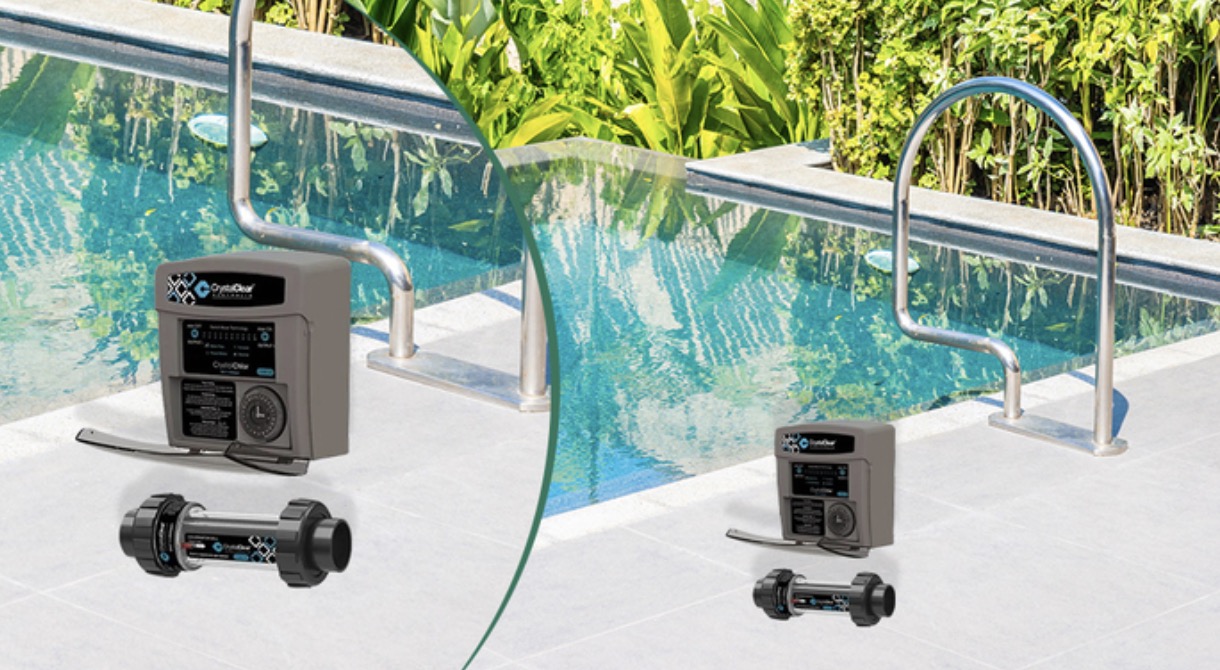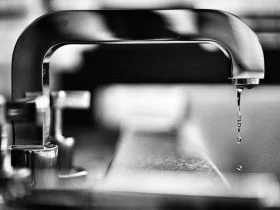Maintaining optimal water chemical levels can be a chore for pool owners. Getting the right balance of chemicals is tricky yet essential for crystal-clear water and a refreshing swimming experience. Fortunately, salt water chlorinators have made this process much easier, as they use salt cells to produce their own chlorine sanitiser which eliminates the need for frequent chemical handling. Moreover, these devices automatically dispense chlorine into the water at just the right levels. But with different types of chlorinators on the market, how do you select the best one for your pool? Follow our article to pick the best model.
Reader's Roadmap
Determine Your Pool Size
The first step is measuring your pool to calculate its gallon capacity. These devices operate through electrolysis, producing a specific amount of chlorine per unit of water volume. Many products are designed for pools up to 40,000 gallons or even more. However, if you have a uniquely shaped or larger custom pool, it’s advisable to consult with manufacturers to ensure you select a chlorinator that provides sufficient coverage. Checking compatibility in advance guarantees that the system can efficiently sanitize your entire pool water volume.
Self-Cleaning Chlorinators
When evaluating pool chlorinators, homeowners should examine if the model has self-cleaning technology to any build-up on the salt cell plates. The deposit of calcium and minerals on these essential plates can lead to a complete shutdown of chlorine production, compromising the overall health and sanitation of the pool.
This is why self-cleaning chlorinators have gained popularity as a modern and essential feature. They proactively address the issue by automatically initiating periodic cleaning cycles, ensuring the cells remain free from deposits.
Choose Convenient Controls
Look for easy-to-use controls that simplify system management. Digital displays indicating salt levels, chlorine production, cell cleaner cycles, and other analytical data allow for convenient monitoring directly from the unit. Wireless remotes further enhance adjustments at the push of a button, rather than requiring constant on-site tweaking. Timers, auto-cleaning, temperature compensation, and troubleshooting messages contribute to the overall ease of operation, making the system more user-friendly.
Verify Cell Housing Construction
The electrolytic cell containing electrodes runs on continuous water flow, meaning durable housing construction is vital. Check materials like sturdy and corrosion-resistant metals that withstand harsh water exposure without leaking or deteriorating prematurely. Also, ensure the housing allows for practical cell access to replace electrodes approximately every 5 years due to natural wear and tear from usage.
Install Proper Ventilation
Don’t overlook ventilation needs that allow corrosive air and gases to escape, enhancing longevity. Proper airflow protects electronic internals and electrodes over time, particularly in environments with high moisture levels.
Ask the Experts
When choosing a pool chlorinator, it’s wise to consult a pool professional to ensure you select the right model for your needs. Chlorinators vary widely in features, so a pool expert can recommend the ideal system based on how you use your pool and your maintenance preferences. They can also handle the installation for you, making the transition to a new chlorination system seamless.
Research Your Warranty Protection
Given their technological makeup and role in ensuring clean water, it’s recommended to seek strong factory warranties against defects and needed repairs. Extended parts coverage ensures you don’t get stuck on expensive bills for manufacturing-related problems.
Wrapping Up
Installing a pool is only the beginning – ensuring you have the proper accessories and equipment to maintain your pool is key to its longevity. Investing in the right chlorination system and other pool add-ons tailored to your needs will keep your pool sparkling for years to come.







Leave a Reply
View Comments